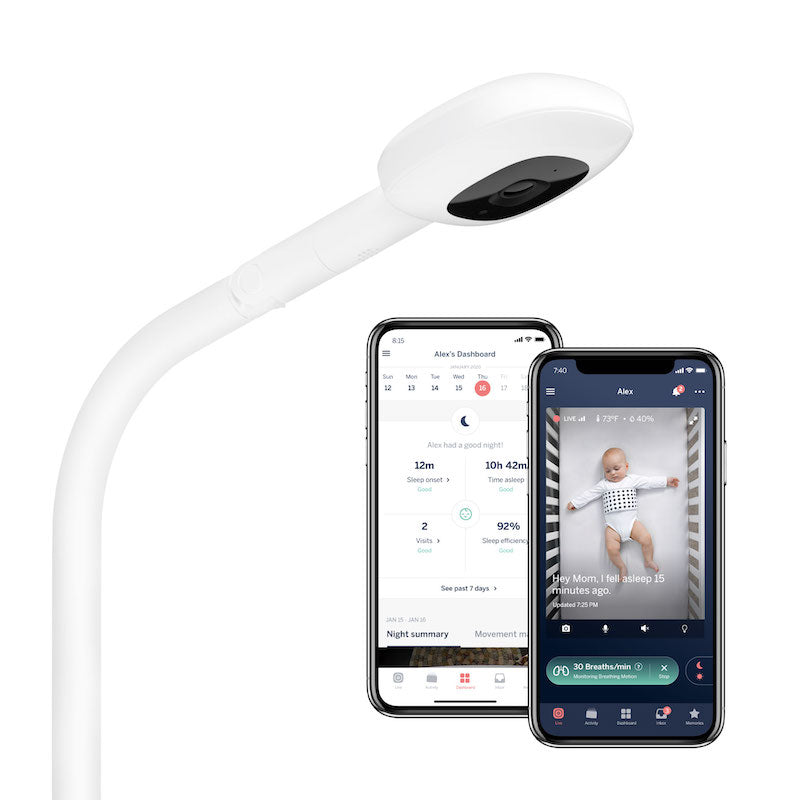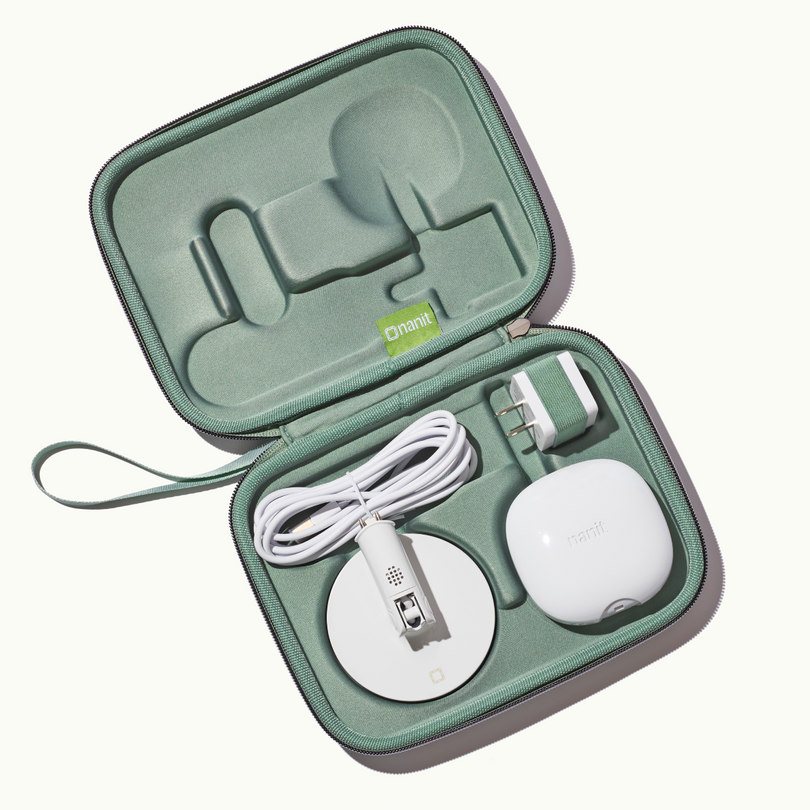14 Month Old Nap Schedule:
At this age, your baby is still likely taking two naps a day but might be transitioning to only one nap a day, typically in the afternoon. This transition may happen sooner if your baby has experienced a significant shift in their life, such as the introduction of a new sibling, or a move. Before transitioning to one nap, try cutting back each of the two naps to lengthen the amount of time your baby is awake between naps. If you notice your child consistently fighting their morning nap for at least two weeks, this could be a sign that it’s time to phase out the morning nap. When the morning nap is dropped, it’s important to remember that your baby still needs plenty of rest. Try exposing your baby to more peaceful activities throughout the day, like listening to mellow music or reading books, to encourage their body to rest, even if it’s not asleep.
14 Month Old Feeding Schedule:
Babies vary in their food preferences, with some liking anything and everything while others exhibit some pickiness with textures and taste. Regardless of what category of eater your baby is in, you should still be helping them attempt 3 meals a day.
Regardless of how much solid food your baby is consuming, it’s still important for them to be receiving 3-4 breast milk, or formula, meals each day. You can introduce cow’s milk at this time, but breastfeeding alone is also fine. Now that your baby is able to take in ample nutrients throughout the day, nighttime feedings should be long gone.
How Long Should A 14 Month Sleep?
Your baby is still sleeping about the same amount as they were a month ago, but the way that sleep is distributed throughout the day may start to change. Nighttime hours should remain the same, with baby receiving 11 to 12 hours in the evening.
To help baby make sense of the world, and receive the proper amount of sleep, it’s important to incorporate dependable transitions, routines, and consistency into their days. As their gross motor skills, social awareness, and language awareness begin to increase their mental and physical development will lead them in the direction of more sleepy time.
Milestones are an exciting component of this age, with standing and walking being two of the major developments you’ll notice. Because your baby will be so enthused by these new abilities, they may have more trouble going to sleep. To support your baby in this transition, avoid going to your baby and laying them down if they stand up when they’re supposed to be resting. Instead, give them the time and space to figure it out on their own.
14 Month old Schedule
|
Wake and Milk Feed 6:30 AM |
At this age, your baby is able to sleep through the night without feeling hungry. The first feed of the day will be a bigger one for this reason. |
|
Breakfast 7:30 AM |
Somebody's hungry! Your baby will love trying out new foods during this solid breakfast. Try introducing foods like oatmeal, avocado on toast fingers, toast fingers with butter, scrambled eggs, roasted cherry tomatoes, or whole wheat pancakes cooked with blueberries. |
|
Nap time 8:30 AM - 930 AM |
This nap may be a bit shorter depending on the day — your baby may feel ready closer to 45 minutes later. Totally fine, just make sure they're up in time for the next feed, if they don't awake on their own at the end of this hour. |
|
Milk Feed 10:30 AM |
As your baby starts to eat more and more solid foods, they may not be as hungry for milk. Try cutting back on this feed. |
|
Lunch 12:00 PM |
Solid foods are your baby's new best friend! Don't be surprised if they're starting to feel more and more comfortable with self-feeding, too. |
|
Nap time 12:30 PM - 2:30 PM |
This nap may be pushed back 30 minutes if your baby has more energy between naps, which is totally fine. Just make sure they're awake by the end of this hour to be ready for their scheduled bedtime. |
|
Milk Feed 2:30 PM |
A nourishing milk feed will be nice for your baby after a long afternoon nap. |
|
Dinner 5:00 PM |
Use every meal as an opportunity to introduce your baby to new (and familiar) solid foods, textures, and flavors. Your baby is more independent now, so encourage them to self-feed, if they seem comfortable to do so. |
|
Bath time 5:45 PM |
Splish-splash! It's time for a bath! |
|
Bottle and Book 6:15 PM |
Your baby may not need to be fed milk before bed, thanks to their nutritious and filling solid dinner. Try reading a book to the little one or singing a lullaby to help them fall asleep. |
|
Bedtime 6:30 PM |
Time for bed. Sweet Dreams! |














